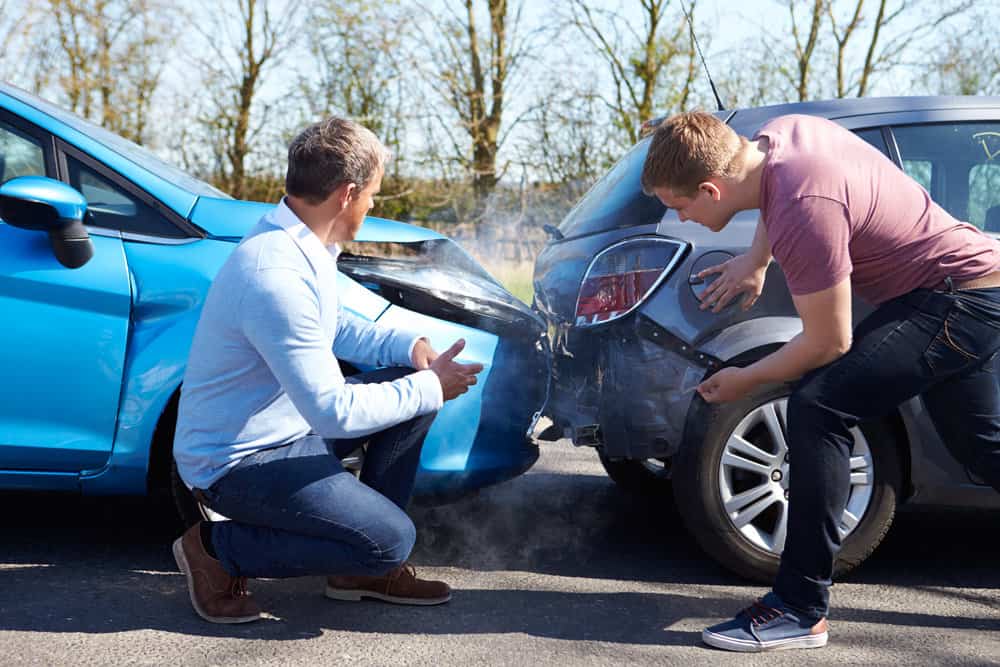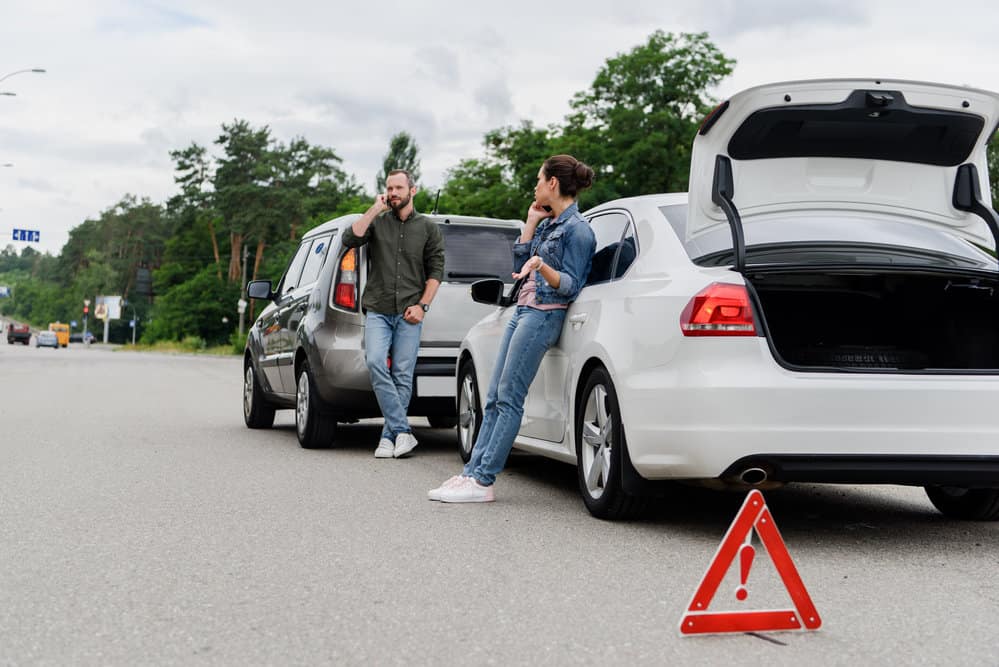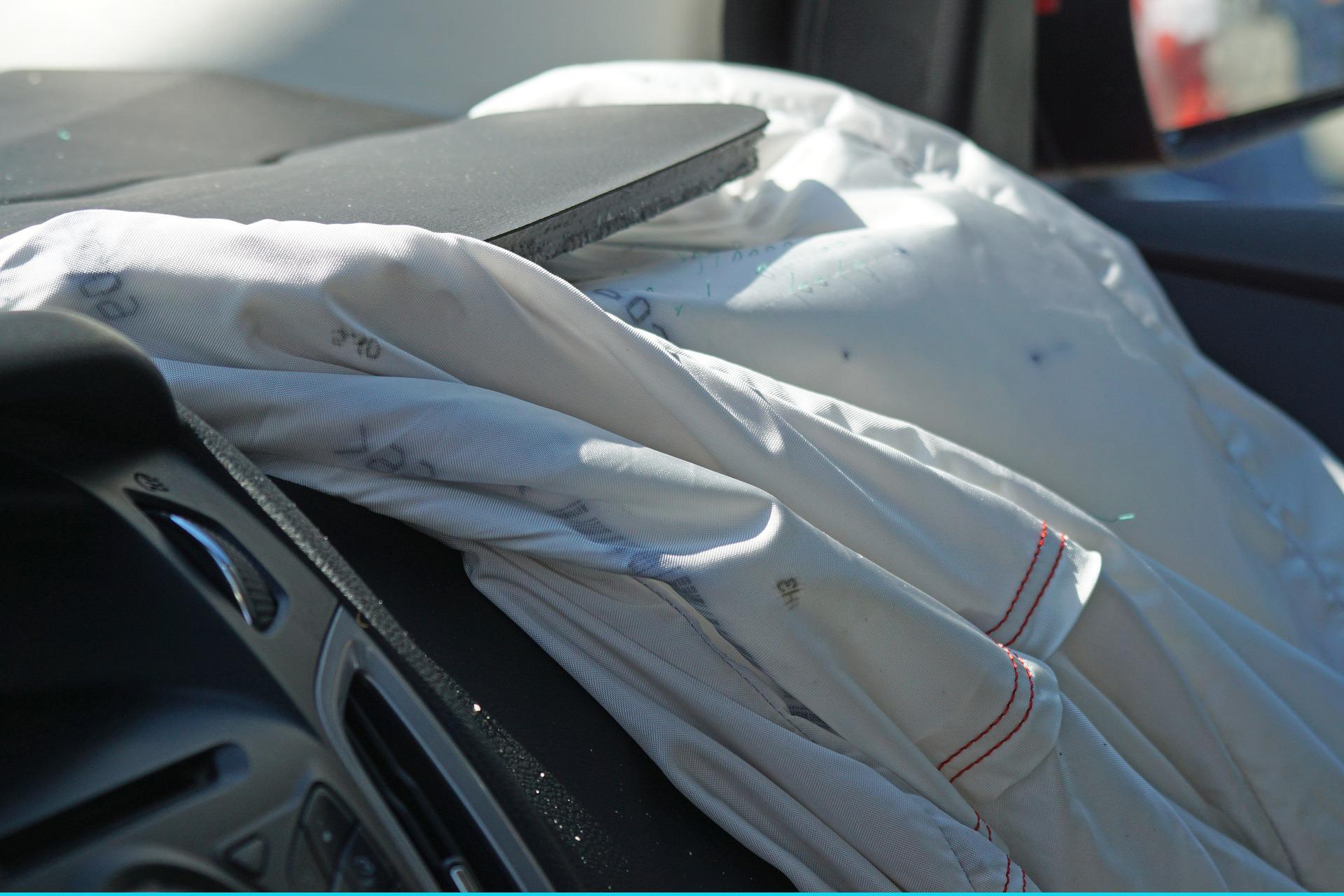You are driving along the roads of Louisiana, enjoying the beautiful scenery and the rhythm of the wheels on the pavement. Suddenly, disaster strikes in the blink of an eye – a car crash.
It’s a jarring experience that no one ever hopes to face. But accidents happen, and preparing for such an event can make all the difference.
However, fear not!
We will walk you through the essential steps if you face a car crash in Louisiana. From ensuring your safety to dealing with insurance companies, we will provide you with all the knowledge you need to handle the situation calmly and effectively.
So, fasten your seatbelt, and let’s dive into the practical advice that will empower you to take control in the event of a car crash in Louisiana.
Step 1: Stop the Car and Pull Off to the Roadside
The immediate aftermath of a car crash can be pretty chaotic, but it’s crucial to stay calm and composed. So, take a deep breath and carefully bring your vehicle to a stop. But wait, don’t forget to pull off to the roadside!
After all, you want to ensure you are out of harm’s way and not blocking traffic. And once you have found a safe spot to park your car, it’s important to assess the situation.
Are you and your passengers alright? Is anyone injured? If you or someone else is hurt, seek medical attention immediately. Your health and safety should always be the top priority.
Here’s a nifty tip: if you are unsure about what steps to take next or need some expert legal guidance from local firms. For example, if you live in New Orleans, you can reach out to McLaren Law Firm.
Remember, having professionals by your side is always better during challenging times like these.
Step 2: Call 911
Now that you and your passengers are safe, it’s time to dial the digits that can summon help in a flash. Yes, you guessed it!
It’s time to call 911! The emergency services are always there to assist you during these nerve-wracking moments.
When you are on the line with the dispatcher, explain the situation clearly and provide them with all the necessary details. Let them know about the location of the crash, the number of vehicles involved, and any injuries sustained. So they can dispatch the appropriate emergency personnel, such as police officers and paramedics, to the scene.
One key point to note, even if the accident seems minor or no one appears to be injured, it’s still crucial to contact 911. They can document the incident and provide an official report, which might be useful for insurance purposes or any legal proceedings.
Step 3: Document the accident
Let’s dive into the next step after a car crash in Louisiana: documenting the accident. First things first, take pictures of the accident scene. Try to take snap some shots from different angles, capturing the damaged vehicles, skid marks, etc. These pictures can serve as valuable evidence later on, helping you and your insurance company determine who was at fault.
Don’t forget to jot down some notes! Write down the date, time, and location of the accident. Briefly describe what happened, including any relevant details like weather conditions or road hazards. This written account will help you recall the incident accurately when you are speaking with insurance companies or lawyers.
Step 4: Collect Everyone’s Information
After documenting the accident, it’s time to play detective (cue the magnifying glass and the suspenseful music).
Your mission: collect everyone’s information. This includes not only the drivers involved but also any passengers in the vehicles.
Exchange your full name, contact number, and insurance information with the other parties. Note down their driver’s license number, license plate number, and the make and model of their vehicle. It might sound like a lot, but it’s worth the effort.
While at it, ask for the names and contact details of any passengers involved. They might be valuable witnesses, and having their information can help with any future inquiries or legal matters.
Here’s a pro tip: If you have a smartphone, why not snap pictures of other driver’s licenses and insurance cards? It will save you from the tedious task of copying all those numbers and details manually.
Step 5: Get to a doctor
Even if you feel perfectly fine at first, it’s crucial to have a medical professional evaluate you. Regarding your health, it’s better to be safe than sorry.
Sometimes, injuries from car accidents might not manifest immediately due to the adrenaline rush coursing through your veins. So, schedule an appointment with a doctor as soon as possible.
The doctor can perform a thorough examination and run some order tests or X-rays to identify any hidden injuries that may have occurred during the crash. Be honest and detailed about any symptoms you are experiencing, as this will help the doctor accurately diagnose and treat any injuries.
Plus, seeking medical attention creates a record of your injuries, which can be useful when dealing with insurance companies or legal matters. Hence, don’t delay; book that appointment and let the professionals care for you.
Step 6: Talk to Your Insurance Company
Once you can catch your breath and gather your thoughts, it’s time to reach out to your insurance company. It’s always a good idea to contact them as soon as possible, preferably within 24 to 48 hours after the accident.
When you talk to your insurance company, be prepared to provide them with all the details about the crash. They will likely ask for information such as the date, time, and location of the accident, the parties involved, any injuries sustained, and a description of the damages to your vehicle.
So that they can guide you through the process and help you understand the claims procedure, making sure you are aware of any deadlines or requirements. Therefore, it’s essential to cooperate fully and be honest with your insurance company during the claims process.
Step 7: Don’t Talk to the Other Party’s Insurance Company
After an accident, you might receive calls or messages from the other party’s insurance company seeking information or trying to settle the matter quickly.
But hold on a second! It’s generally best to avoid speaking directly to the other party’s insurance company without consulting your own insurance company or an attorney first.
You might be wondering why. Well, here’s the thing: The other party’s insurance company primarily focuses on minimizing costs and protecting their client’s interests. They may try to use your statements against you or twist your words to downplay their client’s liability.
So, you must refrain from discussing the details of the accident or providing any statements to the other party’s insurance company.
And in case they reach out to you, politely decline to speak with them and let them know that you will be handling the matter through your own insurance company or legal representation.
By doing this, you can ensure that your rights are protected and that you don’t inadvertently say something that could be used against you later on.
Step 8: Keep Track of Lost Wages
When you are injured in a car accident, it’s not just the physical pain that can hit you hard – it can also impact your ability to work and earn a living. This is particularly important if you have to take time off work for medical treatments, recovery, or therapy sessions.
To ensure you receive fair compensation for the income you have lost due to the accident, the best is to keep detailed records of your work hours missed, including dates and the number of hours or shifts affected due to the injury.
Besides, if you have any documentation, such as doctor’s notes or medical records, that verify your inability to work during a specific period, make sure to keep them handy as well.
Additionally, it’s helpful to have proof of your regular income. For instance, pay stubs, bank statements, or tax documents can serve as evidence of your average earnings. This information will be vital when working with your insurance company or pursuing legal action.
Closing Notes
Experiencing a car crash in Louisiana can be an unsettling and overwhelming event. However, by staying calm, taking immediate action, and following the eight steps as above-mentioned, you can always preserve your legal rights and ensure a smoother path to recovery.
And in case of complex situations, don’t hesitate to consult with a qualified attorney who can guide you through the legal intricacies. From paperwork to dealing with insurance companies and representing your case in court, they can be your true lifesaver in difficult times.
Lastly, stay safe and drive responsibly!



